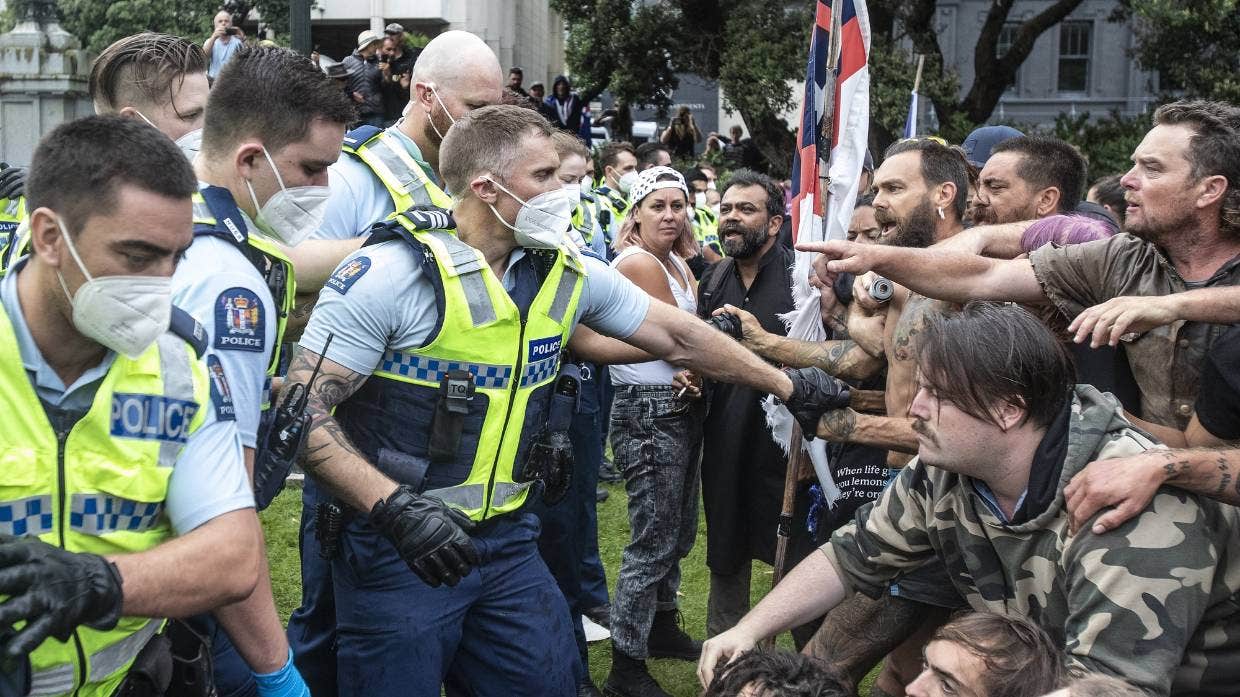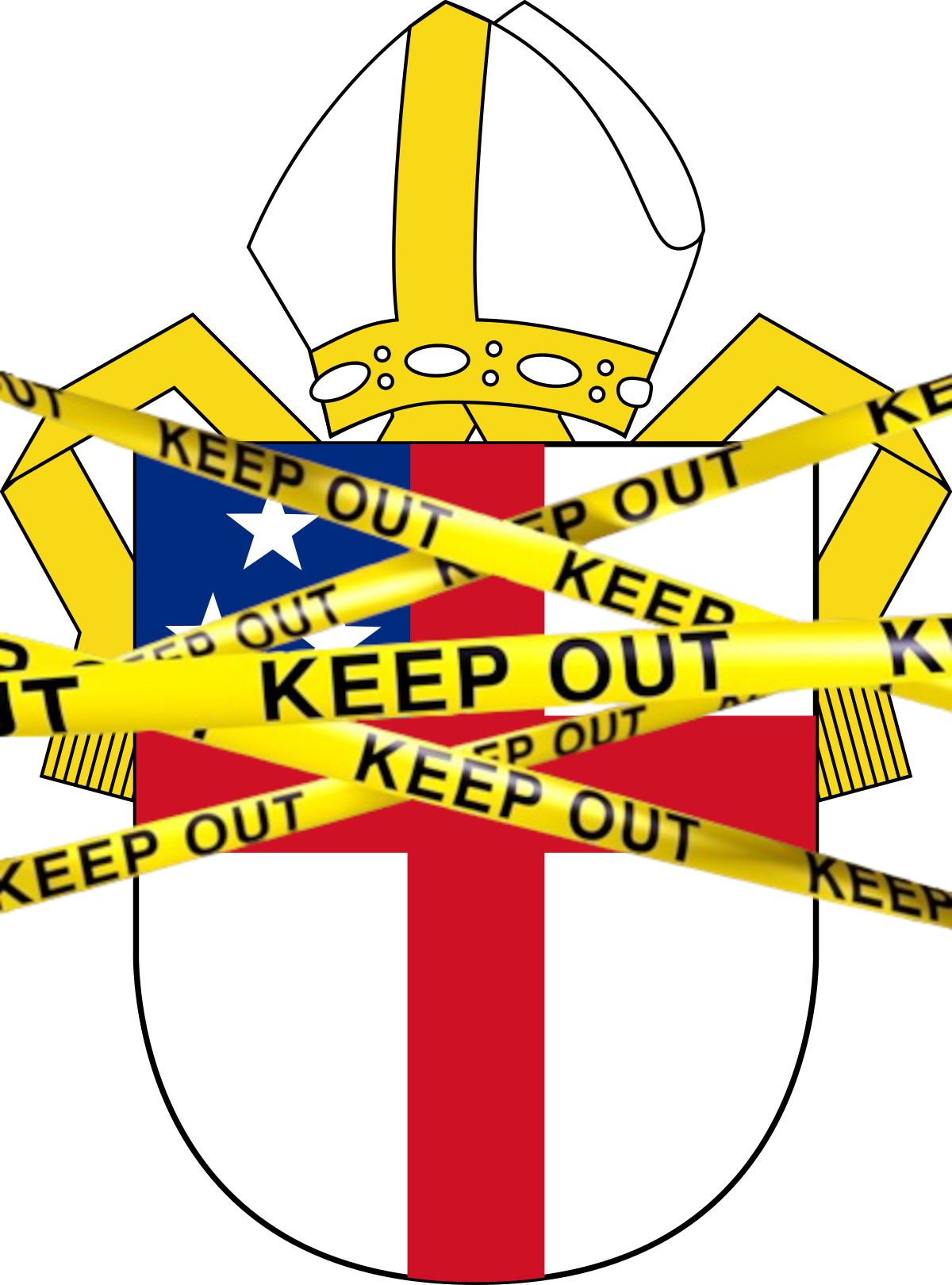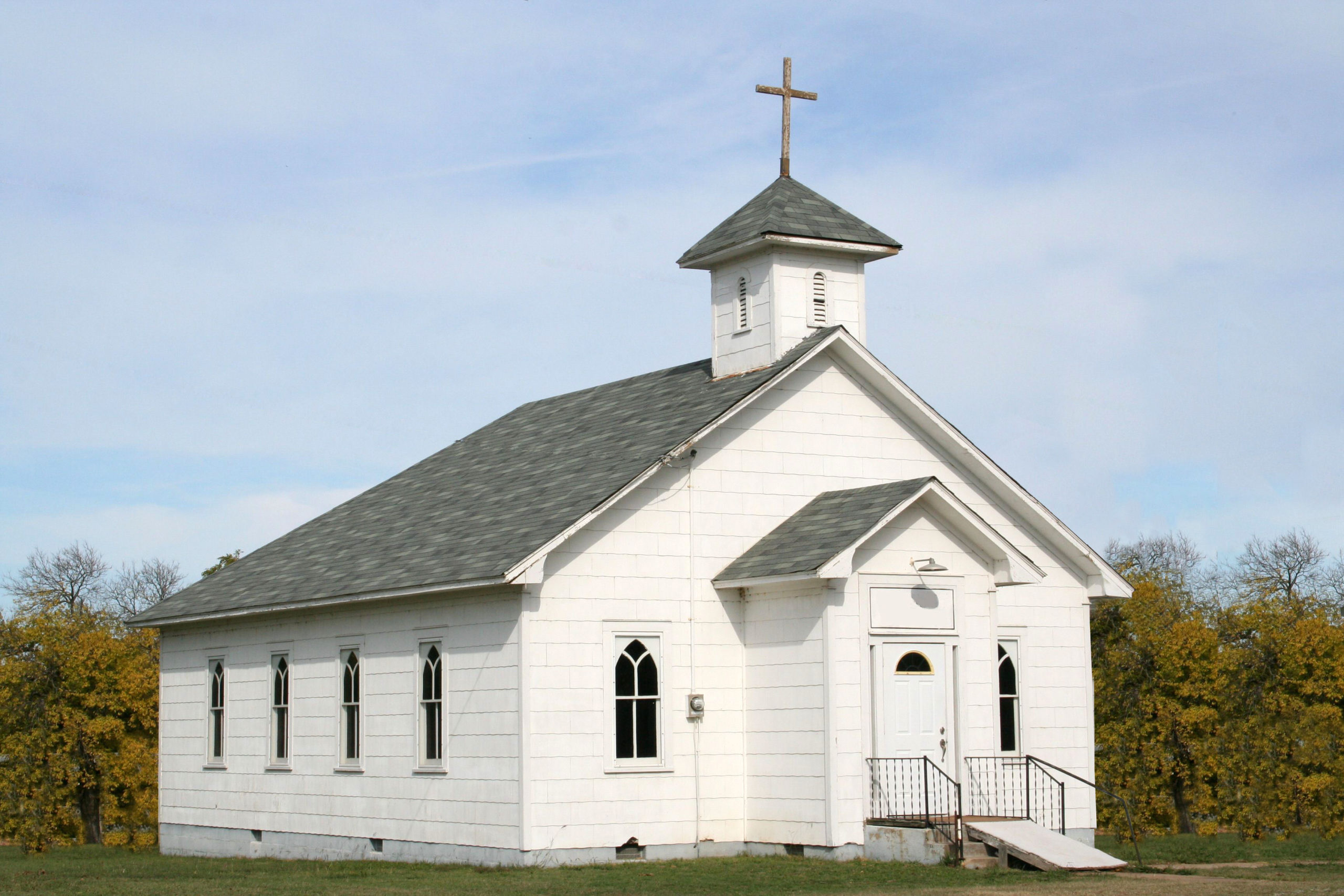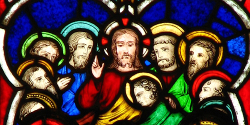You may have heard that there’s a protest going on. Here in Wellington, there are protestors camped outside Parliament. They are opposed to vaccine mandates, which mean that unless a person is up to date with their COVID-19 vaccines, they are restricted in terms of which business places they can go to, and in many cases they are subject to being dismissed from their job against their will. Three quarters of the protestors are not vaccinated at all and have been personally impacted by this, but everyone involved in the protest agrees that the mandates need to end. People are hurting over this.
Initially there was a strong police presence at the protest, and as was captured in some very unpleasant footage, police actions directly caused violence and a serious dent in the claims that police conducted themselves “professionally.” Now the police are ramping up their activities again (as they must), and it just doesn’t look like this is going to end well.
I have a side in this, in the sense that very basically, I agree with the protestors. Vaccination is a very good thing to do (a lot of the protestors would disagree with me there), but the mandates are a significant overreach of the state. The mandates have created a second class of citizens (something the Prime Minister openly agreed with before the mandates came into effect), extending even as far as the Church, which is now a segregated body of the welcome and the unwelcome (when the Church meets together).
Far be it from me to tell anyone what to think about this. But… Church, please think very carefully before you side with the powerful.






